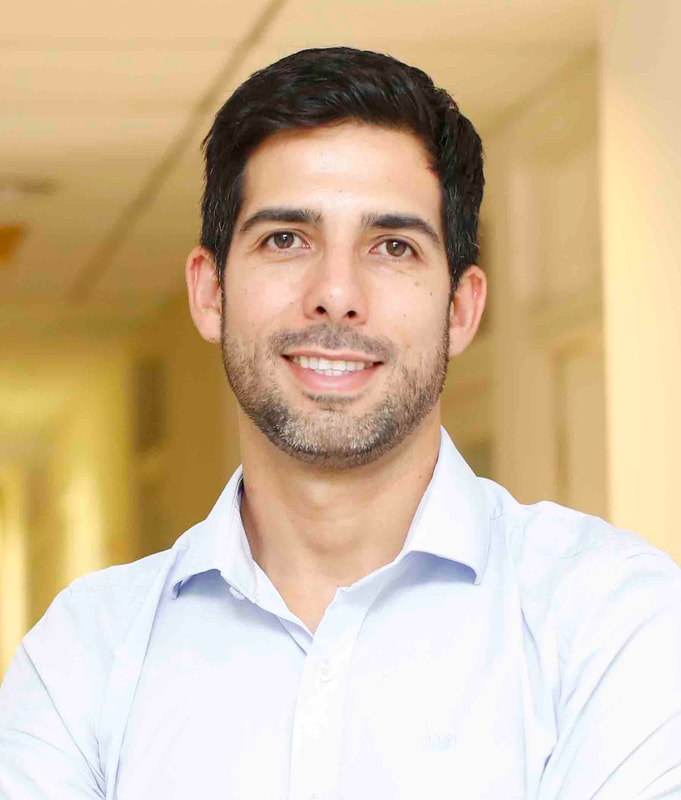About me
|
I am an Assistant Project Scientist at the Department of Land, Air and Water Resources of the University of California, Davis. My research focuses on investigating pathways and developing tools for agricultural resiliency and sustainability. I am particularly interested in understanding the impacts of agricultural management on crop yield, water use, carbon sequestration, and soil health. I create research frameworks based on a diverse range of disciplines such as agronomy, ecophysiology, plant and environmental biophysics, biometeorology, engineering, and remote sensing.
My current research involves both fundamental and applied work aimed at developing new tools and strategies to ensure adoption of sustainable practices for the most economically and environmentally impactful crops in California's Central Valley. This agriculturally important region suffers from poor air quality, contaminated and depleted water reserves and is also associated with practices that have stripped biodiversity from agroecosystems. My goal is to gather a holistic understanding of agroecosystems' responses to environmental stressors and management practices. My hope is to deliver research that can support farmers' transition to more sustainable practices. I believe in a future in which farming can improve the lives of farm workers and owners, their community, and ultimately, support through Science a path towards agroecosyste where future generations can thrive on their land. BACKGROUND Previously, I was a Postdoctoral Researcher at the University of California, Davis leading efforts to link wine-grape vines physiological and biophysical responses to abiotic stress. In this position, I ignited interdisciplinary work that has led to advance our understanding of how new remote sensing tools can be used to effectively inform near-real time farming decisions. Recently, the Special Issue "From vine to vineyard: The GRAPEX multi-scale remote sensing experiment for improving vineyard irrigation management" published on the Irrigation Science Journal presents a significant part of the applied-scientific aspects of this work. While finishing my Ph.D., I started my job as Executive Director of the Global Change Center at Pontificia Universidad Catolica of Chile. In this position, I worked with academics, government agencies, NGOs, and the private sector to bridge the gap between academia and society by implementing solutions to face climate change, whit special emphasis in agriculture, environmental health, and water. Throughout my career, I have acquired relevant research experience working with a wide variety of sensors and designing systems to perform field research in agriculture. At UC Davis, I worked on cutting-edge research in biomicrometeorology. As part of the Biomicrometeorology Graduate Group, I was involved in several projects studying the physical and biomicrometeorological processes responsible for the exchanges of momentum, heat, and gases such as CO2, CH4, N2O, and water vapor between the lower atmosphere, soil, and vegetated surfaces. As part of my doctoral research, I studied tree-crop physiological responses to water and heat stress. My mentor, Dr. Matthew Gilbert guided me on planning and performing plant physiological measurements using several techniques (i.e. PAM Fluorescence, leaf gas exchange, water potentials). This work led to developing a photosynthetic model of heat, water and photoinhibition stress. The photosynthetic model that we have developed allows for a dynamic and more realistic representation of fluxes over stressed environments. My approach can represent long-term effects of environmental stress on photosynthetic down-regulation or reversible photoinhibition induced by high light and photoprotection (Link to the Publication). I have also focused on searching for/creating low-cost sensors to translate my research into new alternatives to better manage crops and natural ecosystems (e.g. Wong et al. 2022 , Meeker et al. 2021) I enjoy lecturing, designing new courses, and mentoring students. My passion for teaching while working at Pontificia Universidad Catolica of Chile led me to hold a position as Adjunct Assistant Professor, in which I taught courses in Climatology and Climate Change. I believe climate change impacts on food security is one of the most important issues that we face as society. I am committed to dedicate my career to find ways in which we create a more sustainable and ethical society. My research work has a focused mostly in agriculture; I believe we need to use the best technology and knowledge towards creating climate resilient and smart agro-ecosystems. I embrace diversity as a way to create an environment where we all can fully grow and develop our potentials. Finally (and the most important aspect about me), I love and respect Nature. |
|
"I shall collect plants and fossils, and with the best of instruments make astronomic observations. Yet this is not the main purpose of my journey. I shall endeavor to find out how nature's forces act upon one another, and in what manner the geographic environment exerts its influence on animals and plants. In short, I must find out about the harmony in nature."
Alexander von Humboldt |
|







